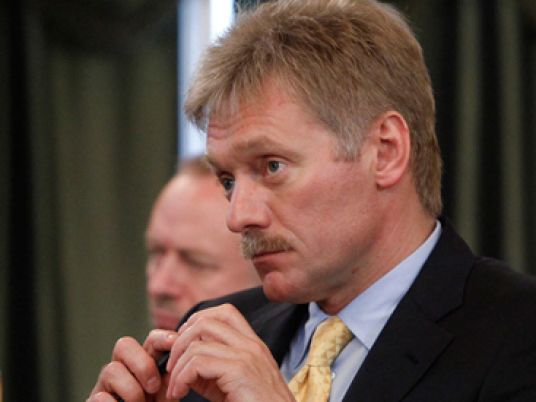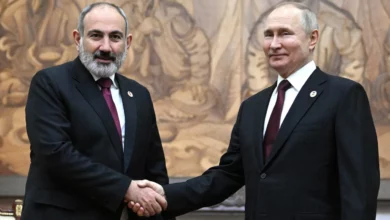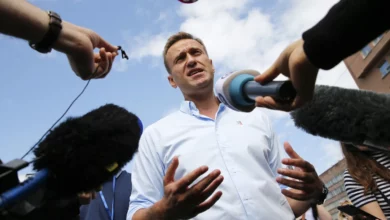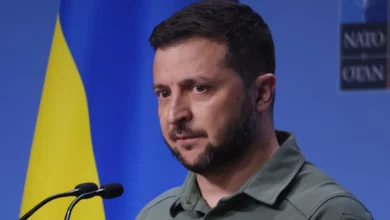
Russia is not bombing hospitals in northern Syria, Kremlin spokesman Dmitry Peskov said on Tuesday, calling such reports "unsubstantiated accusations."
"Once again, we categorically reject and do not accept such statements," he said when asked whether Russian planes bombed hospitals in Syria, including one facility supported by Doctors Without Borders (MSF).
"Especially since every time, those who make such statements are unable to prove in any way their unsubstantiated accusations," said Peskov.
The Kremlin spokesman added that Moscow prefers to rely on "first-hand sources" of information, which he said in this case would be the Syrian government.
Syria's ambassador to Russia, Riad Haddad, on Monday accused the United States of bombing the MSF hospital and said that "Russian warplanes had nothing to do with any of it."
Strikes on hospitals in Idlib and Azaz killed almost 50 civilians including children, according to the United Nations, with UN Secretary General Ban Ki-moon saying the raids violated international law and undermined efforts to end the five-year conflict.
The MSF confirmed its hospital was hit, without assigning blame to any party.
The Russian air force has carried out a campaign of strikes in support of the ground offensive by the Syrian army since September.
The United States also has military aircraft in Syrian airspace, conducting bombing raids as part of its own military strategy for the nation.
Turkish 'provocation'
The hospital strikes follow a period of increased war-like rhetoric from Turkey, accompanied with shelling of Kurdish troops inside Syria by Turkish artillery.
On Monday, Turkey shelled parts of northern Syria for a third day running, including positions near Azaz, the location of some of some the hospital bombings.
As it ramped up artillery attacks in the area, Turkey insisted it would not allow Kurdish-led forces to seize key areas along the Turkey-Syria border.
The Turkish bombardment continued despite calls from its Western allies for restraint and drew fierce criticism on Monday from Russia, which said the "provocative" shelling was "creating a threat to peace and security in the Middle East and beyond."
The cross-border Turkish artillery fire, which began on Saturday, has added to an increasingly complex situation in Syria's northern Aleppo province just days before the ceasefire was due to begin.
Top diplomats from world powers agreed at talks in Munich last Friday on a "nationwide cessation of hostilities" within a week, in the latest bid to find an end to Syria's five-year conflict.
But advances in recent days by mainly Kurdish forces in Aleppo province have raised deep concern in Ankara, which accuses them of links to the Kurdistan Workers Party (PKK), an outlawed movement that waged a decades-long insurgency against the Turkish state.




